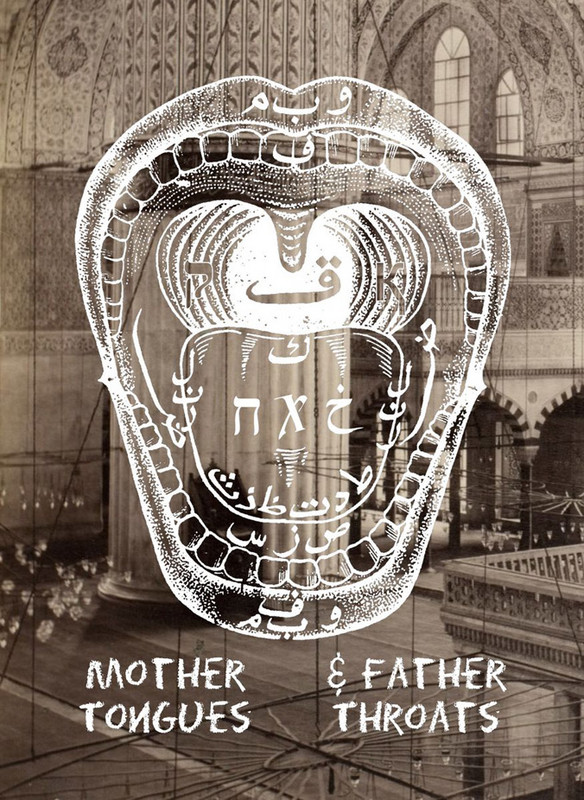Slavs and Tatars
28 Sep - 10 Nov 2012
SLAVS AND TATARS
Too Much T£umacz
28 September - 10 November 2012
A collective dedicated to an area east of the former Berlin Wall and west of the Great Wall of China, Slavs and Tatars often collide those things we consider opposites, or incompatible, be it Islam and Communism, metaphysics and humor, or pop culture and geopolitics. Raster Gallery is proud to present Too Much Tłumacz: Slavs and Tatars’ first solo show in Warsaw, on the performative use of language at the heart of the collective’s practice. Throughout their multiplatform work, the collective have turned in earnest to language as a tool for disruption, humor, and unexpected meaning. Each Slavs and Tatars project takes on the form of a publication that accompanies the artists’ installations and series of objects, many of which make use of certain techniques of traditional craftsmanship and artistic practice.
Presented in parallel to Beyonsense, their solo exhibition currently at the MoMA in NY, Too Much Tłumacz celebrates language in all its polyphonic glory, with original works in Polish, Persian, Russian, French and English. While texts feature prominently throughout the work, they work on several registers beyond the conventions of post-conceptualism, whether the analytical or affective, emotional or intellectual. "Khhhhhhh" highlights the often overlooked oral dimension to reading and the sacred role of language vis-à-vis its often profane everyday use. History is re-read through the unlikely common heritage between Poland and Iran in "Friendship of Nations: Polish Shi’ite Showbiz". Reading takes on an intimate, experiential and spatial dimension with river-beds, flying carpets, and the like. Installations and sculptures invite visitors to sit, lie down, and read. Slavs and Tatars redeem the spirit of sharing and exchange that is part and parcel of their origins as a reading group: the act of reading together. Too Much Tłumacz is accompanied by a presentation of the collective’s publications and early print work in the Raster book shop.
Too Much T£umacz
28 September - 10 November 2012
A collective dedicated to an area east of the former Berlin Wall and west of the Great Wall of China, Slavs and Tatars often collide those things we consider opposites, or incompatible, be it Islam and Communism, metaphysics and humor, or pop culture and geopolitics. Raster Gallery is proud to present Too Much Tłumacz: Slavs and Tatars’ first solo show in Warsaw, on the performative use of language at the heart of the collective’s practice. Throughout their multiplatform work, the collective have turned in earnest to language as a tool for disruption, humor, and unexpected meaning. Each Slavs and Tatars project takes on the form of a publication that accompanies the artists’ installations and series of objects, many of which make use of certain techniques of traditional craftsmanship and artistic practice.
Presented in parallel to Beyonsense, their solo exhibition currently at the MoMA in NY, Too Much Tłumacz celebrates language in all its polyphonic glory, with original works in Polish, Persian, Russian, French and English. While texts feature prominently throughout the work, they work on several registers beyond the conventions of post-conceptualism, whether the analytical or affective, emotional or intellectual. "Khhhhhhh" highlights the often overlooked oral dimension to reading and the sacred role of language vis-à-vis its often profane everyday use. History is re-read through the unlikely common heritage between Poland and Iran in "Friendship of Nations: Polish Shi’ite Showbiz". Reading takes on an intimate, experiential and spatial dimension with river-beds, flying carpets, and the like. Installations and sculptures invite visitors to sit, lie down, and read. Slavs and Tatars redeem the spirit of sharing and exchange that is part and parcel of their origins as a reading group: the act of reading together. Too Much Tłumacz is accompanied by a presentation of the collective’s publications and early print work in the Raster book shop.

